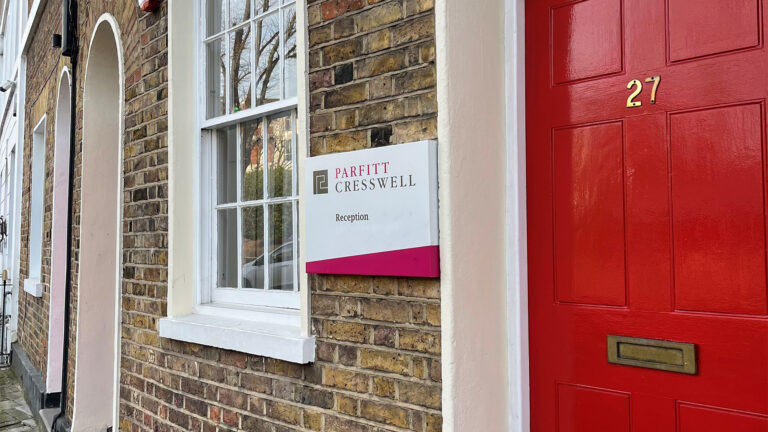Following its March meeting, The Bank of England has raised interest rates by 0.25 percentage points from 4 to 4.25 per cent. For some this is alarming, given that it is the 11th consecutive increase in a row, which has not been characteristic until this point, with many experts saying that the increases have been key to curb rising inflation.
When broken down during the meeting, 7 out 9 members from The Monetary Policy Committee (MPC) voted for a 25 basis-point rise, with only two voting to maintain base rate at its previous rate of 4%.
After the surprising news that consumer price inflation (CPI) rose to 10.4% in February, after falling from 10.5% in December to 10.1%in January, there was an expectation from the market that interest rates would jump yet again to try to keep the Bank of England’s base rate near the 2% mark.
Prime Minister Rishi Sunak still has the goal to halve inflation by the end of 2023 and this is starting to look too optimistic. However, some schools of thought because that the increasing interest rates will have a long term benefit and lead inflation to fall significantly later this year.
Tomer Aboody, founder of bridge finance lender, MT Finance, commented: “Following the unwelcome news that inflation has risen again, it was inevitable that interest rates would have to follow suit in order to try to get the former under control.”
Having high inflation is undesirable for many reasons, largely because it is assumed that the cost of goods is growing faster than the economy, hence making our money less valuable and the cost of living greater for the general public.
Furthermore, another rise in interest rates could mean more issues for banks, especially given the recent struggle of some huge banks including Silicon Valley Bank and the need for UBS to purchase Credit Suisse.
The price of houses is still growing slowly
High interest rates also have a bad impact on the housing market, with annual house prices showing a slowdown in January according to the Land Registry. The reason for this is because potential home buyers do not want to pay over the odds for a home and therefore house buyers feel less confident with their ability to sell at a reasonable price.
However, there has been slightly more growth with houses over flats, suggesting that buyers are still prioritising space above all other things.
Other interesting figures include a 18% fall in mortgage applications compared to February 2022 and 4% lower than January 2023. Again, showing less confidence in the market for both buyers and sellers, which could improve upon the stabilizing of interest rates.
Taking an overall view into consideration, it is clear that there was a mortgage and housing boom following covid as people looked for new properties, more space at home and a way to accommodate a life working both in the office and more at home. Many buyers enjoyed low interest rates and confidence in the market.
In the future, a lowering of interest rates will certainly stimulate the housing market again, but other ideas such as stamp duty or tax reduction would certainly go a long way too.

























